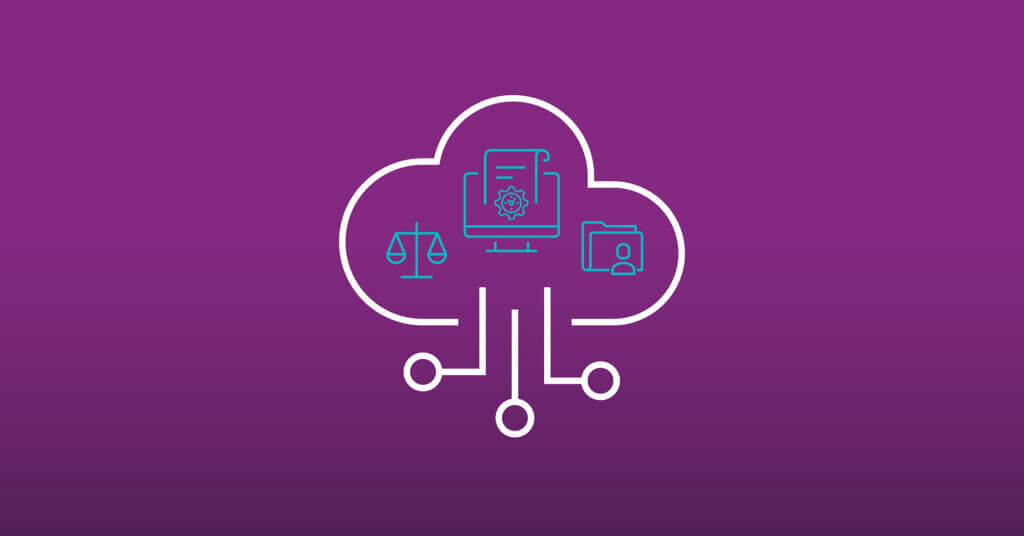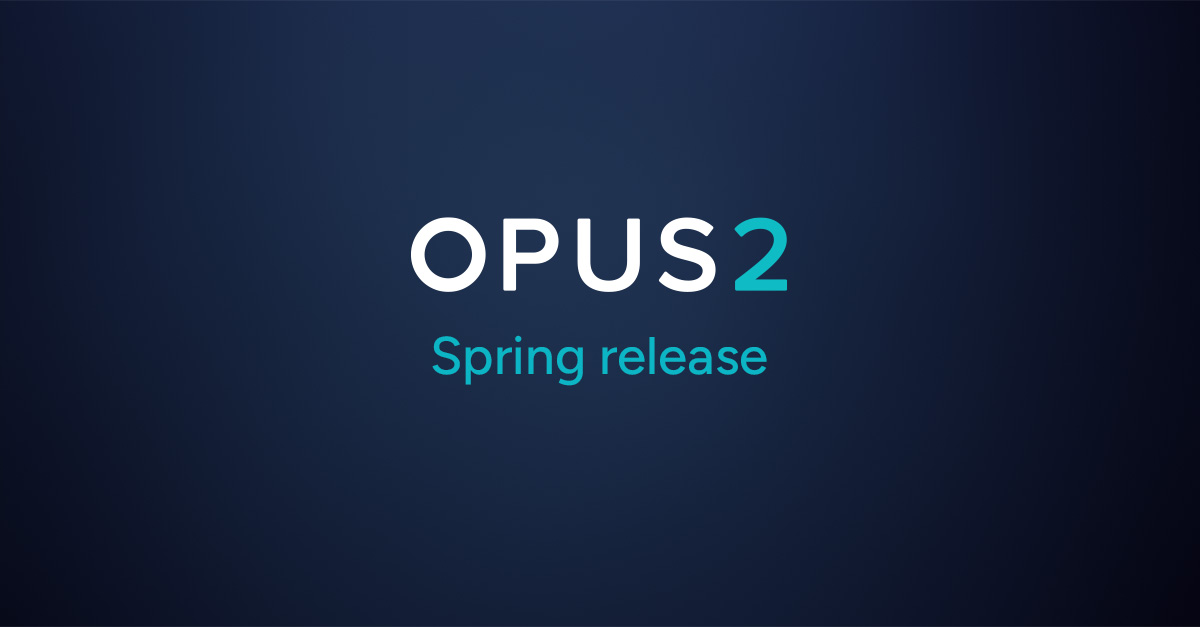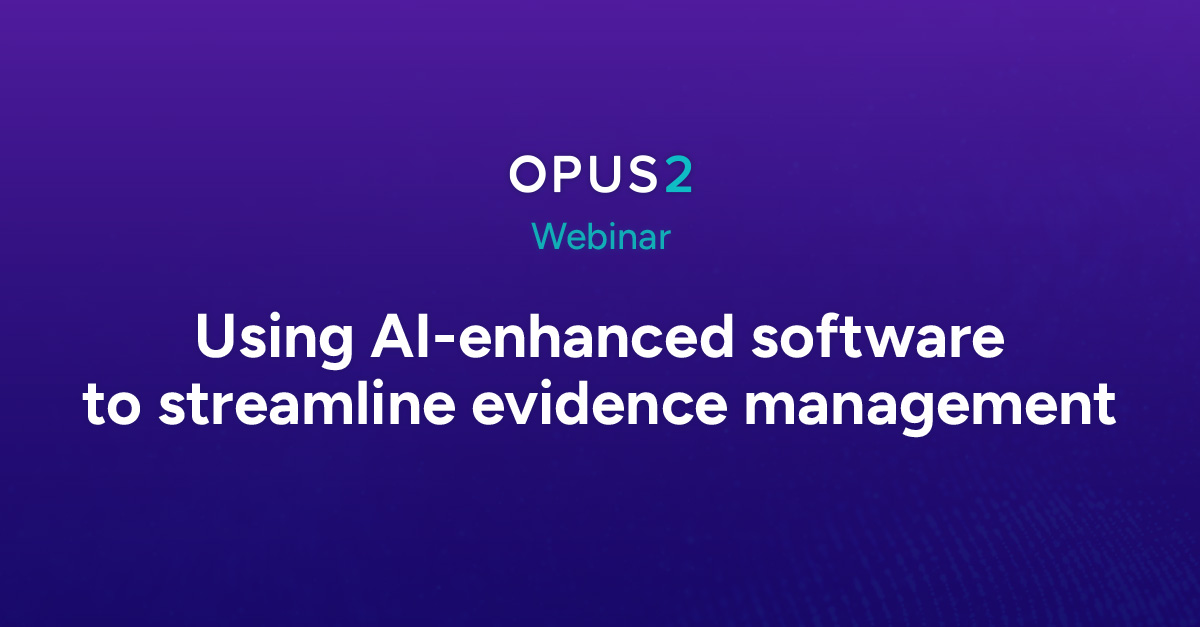Cloud-based legal case management software improves collaboration, efficiency, and organization for litigation teams working to deliver value to their clients. So, selecting the right solution is crucial to your firm’s success.
In the current legal tech landscape, there are a lot of options to consider. When it comes to finding the best cloud-based legal case management software, the most important factors are security, usability, functionality, and innovation.
In this blog, we’ll explore everything you need to know about web-based legal case management software including benefits and features. We’ll also offer helpful resources for further research.
Contents:
- Why are firms moving to the cloud?
- Benefits of cloud-based legal case management software
- Online legal case management software features
- Additional legal case management resources
Why are firms moving to the cloud?
When cloud-based legal case management solutions were first introduced to the market, adoption was slow. Legal IT professionals were wary of turning over control of business-critical systems to software companies. Firms were primarily concerned about the stability, reliability, and security of the cloud. As a result, many continued to opted for on-premise applications.
Now, more than a decade later, a few firms are still steadfast in their on-premise-only approach but most have started adopting cloud-based solutions for legal case management and more. The technology has proven to be safe, cost-effective, and adaptable. Indeed, even the largest legacy on-premise software providers are shifting to a cloud-first model and asking clients to make the change along with them (more on this later).
Beyond the push to the cloud from the legal tech market, for many firms, migrating to the cloud is a strategic move as they future-proof their practice. According to a recent Gartner report, cloud-based solutions will be fundamental to business by 2028 saying, “cloud computing will continue to evolve from being an innovation facilitator to a business disruptor and, ultimately, a business necessity.” The report goes on to discuss how businesses currently using cloud solutions to drive innovation enhance interconnections, scalability, and data insights.
Law firms transitioning to cloud-based legal case management software benefit from improved efficiency, accessibility, collaboration, and organization. At the same time, they also reduce the cost of internal IT support while receiving routine system enhancements that incorporate cutting-edge features.
Benefits of cloud-based legal case management software
Differences between on-premise and cloud solutions
Both cloud-based and on-premise legal case management software help law firms manage their cases efficiently, but they differ in several key ways, including deployment, accessibility, support, maintenance, scalability, and cost. Here’s an overview that compares the two and shows the benefits of moving to the cloud.
Deployment
Cloud-based: Web-based legal case management software is hosted on remote servers maintained by the software provider. Users access the software via the internet using web browsers or dedicated applications. There is no need for on-site infrastructure or installation, so implementation is typically very fast – if few customizations are needed, your team could begin using the software within a week of purchase.
On-premise: On-premise software is installed and operated on the law firm’s local servers and computers. The software is typically purchased outright, and implementation involves setting up new servers or configuring existing servers, installing the software, and configuring it to meet the firm’s requirements. The timeline for deployment will depend on the IT team’s workload, accessibility of hardware, and existing infrastructure.
Accessibility
Cloud-based: Users have access to case files and information via cloud-based legal case management software anytime, anywhere. Users can log in using any device with an internet connection, enabling remote work, real-time collaboration, and consistent client communication.
On-premise: To access internally hosted software, users must be at the firm’s physical premises or use a virtual private network (VPN). Remote access may be more challenging to set up and maintain, requiring additional security measures and user training. It also presents challenges when working with co-counsel and expert witnesses.
User support
Cloud-based: With web-based legal case management software, users can tap into support resources at anytime from anywhere. Troubleshooting, customization, and configuration resources are just a call or email away.
On-premise: IT teams supporting on-premise solutions may manage with dozens of different interfaces and may have varying degrees of familiarity with each. Often once a ticket for support is submitted, the IT team will act as an intermediary between the user and the software provider, which can lead to slow response times.
Maintenance and updates
Cloud-based: SaaS providers are responsible for system maintenance, performing updates, and ensuring security. Updates may include bug fixes, new automations, and enhancements. These updates are typically automatic and seamless, with minimal disruption to users. This gives the law firm access to the latest legal tech, often without any additional investment.
On-premise: With on-premise software, the law firm is responsible for maintaining servers, applying updates, configuring systems, and troubleshooting issues. Updates may require manual installation and downtime, impacting productivity.
Scalability
Cloud-based: Because cloud-based legal case management software is hosted remotely, firms can easily adjust their usage and storage needs as their book of business grows. Firms looking to win new business working on complex matters, group litigation, and international disputes can confidently bid for the work knowing their software will be ready to handle any additional users, data, and documents required.
On-premise: Scaling on-premise software may require purchasing additional hardware, licenses, and resources, which can be time-consuming and costly. Firms need to accurately forecast their future needs and invest in infrastructure to ensure a prompt return on investment.
Cost
Cloud-based: SaaS software solutions use an annual subscription fee based on projects, data requirements, the number of users, or some other combination of factors. With cloud-based case management solutions, costs are predictable, and there is no ongoing investment in hardware or infrastructure.
On-premise: Upfront costs for hosting a solution on site include purchasing licenses, servers, and other infrastructure. Additionally, law firms must consider ongoing expenses required for maintenance, updates, and IT support. These costs will vary based on the demands of the firm, client needs, and advances in technology.
Ultimately, the choice between on-premise and cloud-based legal case management software will depend on your firm’s specific requirements, user locations, plans for growth, need for flexibility, and budget.
Online legal case management software features
The features and functionality of online legal case management software are similar to those offered by legacy on-premise solutions, so they may sound familiar to you. Here we’ll provide a very brief overview of how the software streamlines case management processes, enhances team productivity, and improves client service delivery in law firms. But, if you’re in the process of selecting a new cloud-based case management solution, the difference is in the details. Check out this helpful guide to legal case management software for more information.
- Centralizes case management processes from document intake to resolution
- Facilitates organization and management of legal cases
- Stores and connects case-related documents, transcripts, and videos
- Builds interactive fact chronologies and case timelines
- Streamlines transcript management
- Enables faster deposition designations
- Creates interlinked profiles for key entities, witnesses, and characters
- Automates the creation of electronic bundles for court
- Enables collaboration among legal teams, clients, co-counsel, and expert witnesses
- Provides customizable dashboards and reporting features
Additional legal case management resources
Finding the best cloud-based legal case management software is a process. It requires research and thoughtful consideration. If you’re looking for more information about legal case management software, our experts would be happy to talk with you, share insights, and show you why Opus 2 Case Management is trusted by the world’s largest and most innovative law firms.
You can get in touch with us here:
Resources for further research:
- 5 benefits of upgrading your case management software
- Legal case management software guide: Features and benefits
- Deposition designations guide: Basics, best practices, and tech
- Transcript management software guide
- Cost recovery for legal tech: How to get clients invested
- Litigation timeline software guide








